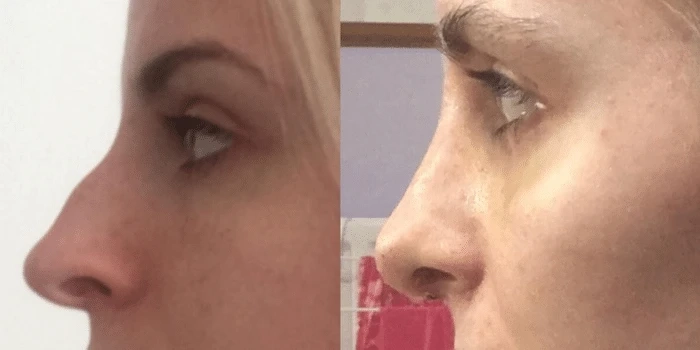Have you got an otolaryngologist? Perhaps you have, but give them a call with a different name. Otolaryngologists are doctors who focus on managing conditions of ears, nose, and throat. Yes, they're ear, nose, and throat doctors. They're usually known as ent doctors. Incidents where focuses on just one part of the body, like this from the nose, yet others use these 3 areas. These otolaryngologists have responsibilities when controling your ears, nose, and throat problems.
A Closer Inspection in the Required an Otolaryngologist
The otolaryngologist accounts for proper diagnosis of any conditions from the ear, nose, throat, sinuses, voice box, pharynx, mouth, thyroid, wind pipe, and salivary glands. These disorders may vary from viral, microbial, yeast, or inflammation of both children and adults. It's also their responsibility to look for the strategy to such illnesses. You will find cases by which these disorders have to be known other specialist, like this of patients with suspected malignancies.
Patients with hearing, speech or other physiological abnormalities from the ears, nose and throat will also be managed by otolaryngologists. Like for example, if your patient with tinnitus has been treated, the ent specialist rhinoplasty surgery in kerala determines what can cause this, if it's brought on by common colds, allergic reactions, or any other sources. These specialists might also recommend devices for example assistive hearing devices. Furthermore, they're also responsible when controling trauma patients -- vehicular accidents with mind or neck injuries.
Surgical treatment is another responsibility of the otolaryngologist. They perform procedures for example tonsillectomy, rebuilding surgeries, and nose reshaping. Actually, ent doctors are capable of doing surgery for patients with severe dizziness or any structural injuries towards the inner, middle, and outer ear. In addition to that, these specialists may also perform microsurgery like this from the intricate Stapedectomy the elimination of the staple bone which corrects hearing problems, and removing cochlea, an inner chamber from the ear which is often the surgical management for prolonged dizziness also referred to as Meniere's disease.



